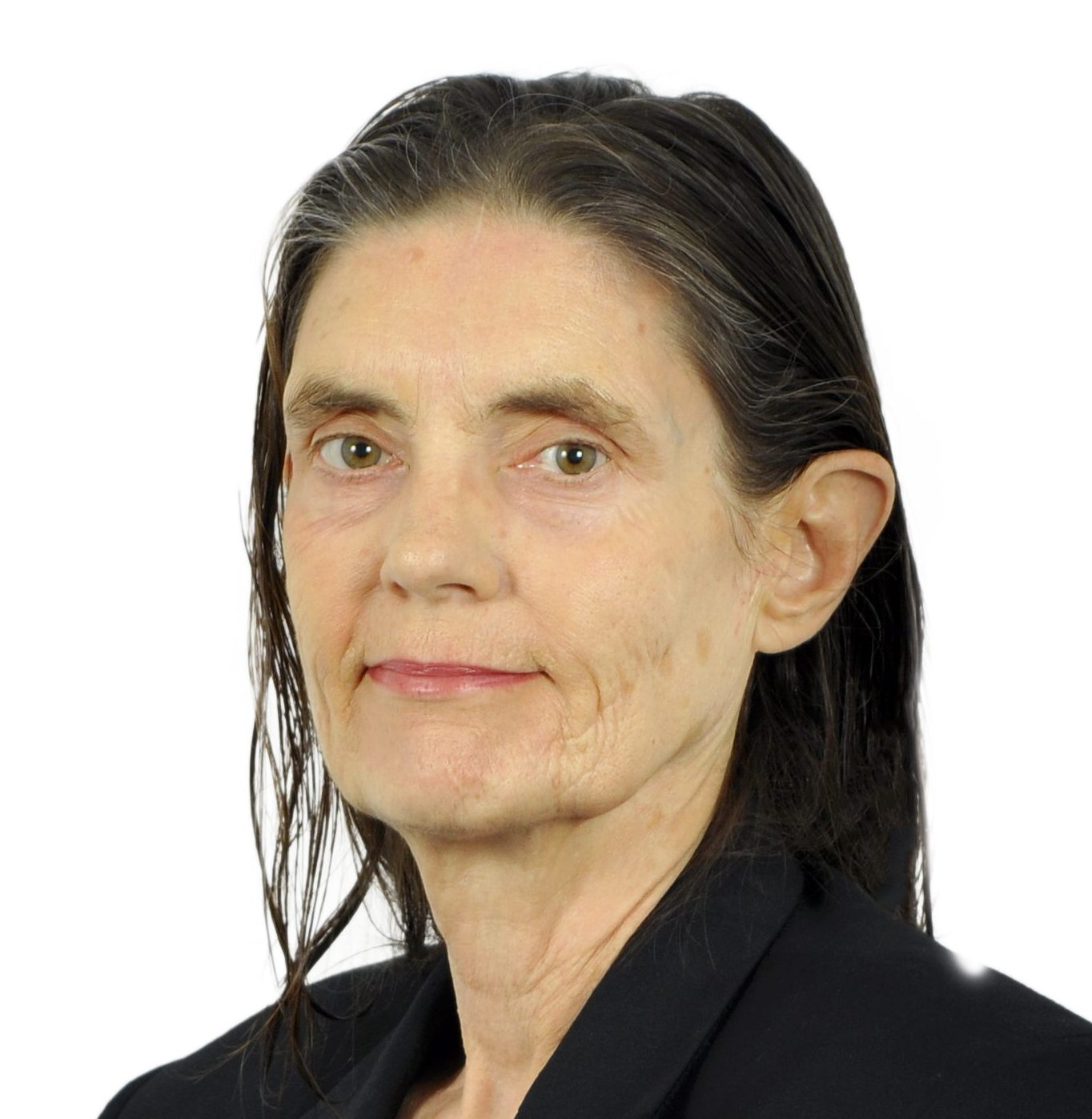Featured Topics
Featured Products
Events
S&P Global Offerings
Featured Topics
Featured Products
Events
S&P Global Offerings
Featured Topics
Featured Products
Events
S&P Global Offerings
Featured Topics
Featured Products
Events
Our Methodology
Methodology & Participation
Reference Tools
S&P Global
S&P Global Offerings
S&P Global
Our Methodology
Methodology & Participation
Reference Tools
S&P Global
S&P Global Offerings
S&P Global
19 Jan 2022 | 14:11 UTC
Highlights
Rusatom ready for Saudi Arabia tenders
Egypt's first nuclear plant should start in 2028
Turkey's Akkuyu project will meet 10% of power needs
Russia's state nuclear energy producer Rosatom is in talks with "several" countries in the Middle East and North Africa to explore development of nuclear power, including nuclear research reactors, the CEO of the company's regional division said Jan. 19.
Saudi Arabia is one of the countries that Rosatom is ready to work with when the kingdom puts out tenders, including to provide the fuel or build the plants, Alexander Voronkov, CEO of Rosatom Middle East & North Africa, told S&P Global Platts at Rosatom Week being held at EXPO 2020 in Dubai.
Rosatom was selected to help provide the enriched uranium for the UAE's first nuclear power plant, and is building the first nuclear power plants in both Turkey and Egypt.
Egypt's El-Dabaa project, with four 1,200 MW units, is expected to start production in 2028, Mohammed Saad Dwiddar, project manager, told Platts.
Construction site preparation works have started and are planned to be completed by the second half of 2022, while building of a marine docking facility is expected to be completed by the spring this year, he said.
The Akkuyu project in Turkey, which is also four 1,200 MW units, has received 70% of its required permits and licenses, Anton Dedusenko, deputy director general of Rusatom Energo International, told the meeting.
It will supply 35 TWh of electricity annually for 60 years, or 10% of Turkey's consumption, he said. The project has power purchase agreements averaging 12.35 cents/kWh for 70% of units 1 and 2 and 30% of units 3 and 4 for the first 15 years of operation, he said.
Last year, Turkish President Tayyip Erdogan said the plant's first unit would come online in May 2023. Previous announcements by Turkish officials have indicated that the second unit will be commissioned in 2024 and the third and fourth units in 2025 and 2026, respectively.
